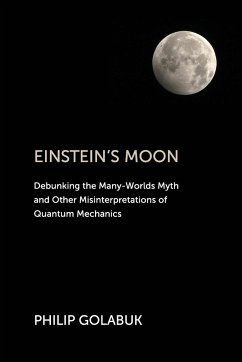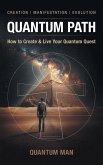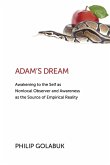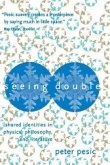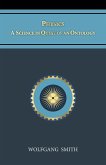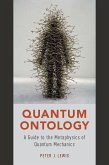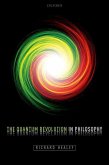Does the moon exist when no one is looking at it? Niels Bohr claimed it does not; Einstein disagreed. At the heart of this famous dispute lie conflicting philosophical assumptions about the nature of physical reality that quantum mechanics still has not reconciled. This revolutionary book sheds new light on the subject, exposing misconceptions widely accepted by the world's leading physicists. Quantum computer expert David Deutsch, Max Tegmark, PBS presenter Jim Al-Khalili, and the late Stephen Hawking are all taken on, since they all at one time endorsed one or more of the fallacies that the book dismantles. Einstein's Moon is written to appeal to readers curious about the quantum universe and the problems it poses for empirical knowledge, to remind science of the saving role of humility in approaching ultimate questions, and to restore a sense of wonder before the great mystery of our being-here.

